Kate Middleton’s announcement of her cancer diagnosis has reminded us that no matter who we are and what our status is in life, cancer can affect us all.
The Princess’s story will resonate with many people whose lives have been touched by the illness.
If you or someone you love has cancer, you might be struggling with processing the emotional impact.

Cancer and the effects of cancer treatment can make a big impact on your life, your mental wellbeing, and your body.
It’s a big change to adjust to, and something which can stir up a lot of stress and negative thoughts and feelings.
The effects of cancer aren’t just physical – the emotional load can also take a toll on your mental health.
Depression in cancer patients is common. Around 10% of people diagnosed will suffer with this mental health condition.[1]

It’s normal to feel anxious when we’re unwell, and someone with a long-term illness is more likely to encounter mental health issues.[2]
1 in 3 people with a long-term physical health condition will struggle with a mental health problem, so you mustn’t feel like you’re alone.[3]
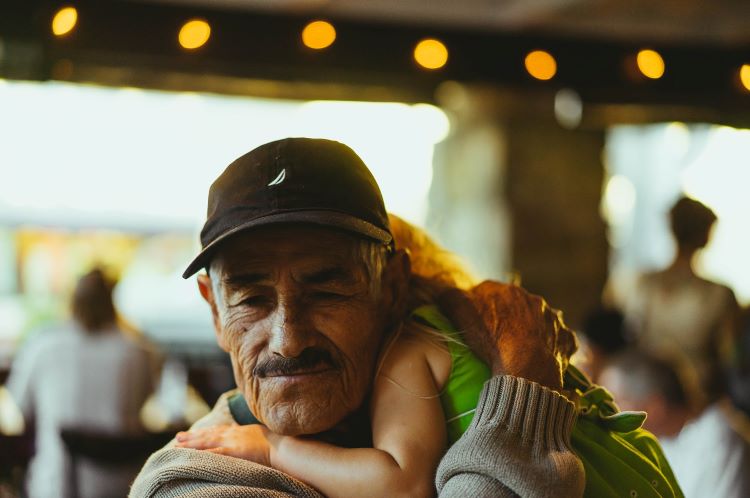
Being listened to can help you to feel less alone, and help you to unravel any mixed feelings.[4]
Talking about problems you’re facing can help you to process the issue and make peace with it, so you can begin to emotionally heal from your illness.
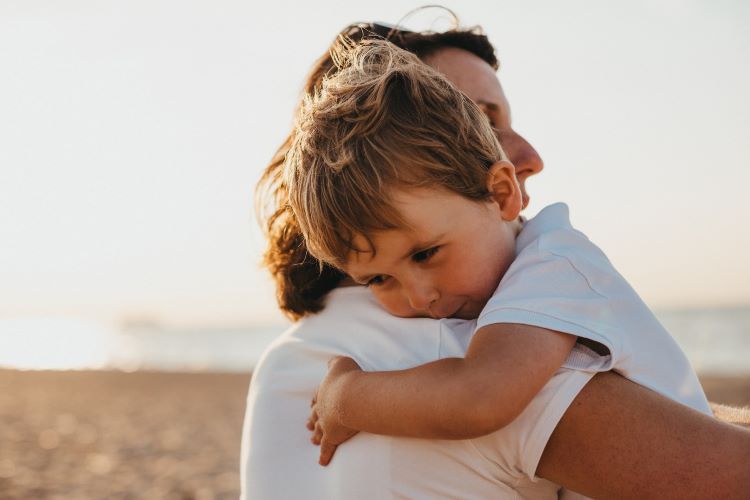
Children are more perceptive than we often give them credit for, and hiding a big event from them can sometimes leave them feeling unsettled.
Kate Middleton has been praised for the way she’s opened up to her children and explained the situation.
In a video, she explained: “It has taken us time to explain everything to George, Charlotte and Louis in a way that is appropriate for them, and to reassure them that I am going to be OK.”
Telling your children can help them to prepare for and understand your symptoms, like being more tired or losing hair if you’re going through chemotherapy.
Be honest, explain the cancer to them in simple terms and allow them to ask any questions.
Encourage then to express their feelings, and if they’re young, reassure them that there will always be someone to look after them.
Cancer Research offers support for the children of cancer patients.

It can be difficult when dealing with cancer and treatment to keep up a healthy diet or fitness regime.
Be gentle with yourself and only do what you feel you can safely.
Try to practice these three health goals in your daily life:
The benefits of looking after your physical health include:
Being active and eating a healthy diet have been shown to positively affect mental health, as well as reducing your chances of developing any further health concerns.

Mental health services like talk therapies and behaviour therapy can help you to let out your feelings, assess your thought patterns and let go of behaviours that don’t serve you.[6]
There are therapists who specialise in life events like cancer, and can provide you with professional help and advice.
You could either look into getting therapy through the NHS for free, or go private.

As Kate Middleton said, “please do not lose faith or hope”.
To keep your spirits up, you could try:
While positive thoughts can be powerful, you shouldn’t feel pressure to put on a fake smile.
Express all of your feelings – the good and the bad.

If your loved one has recently received a diagnosis, you may well be feeling shock, fear, uncertainty, anger, or even denial.
Loving someone who has been diagnosed with cancer can take a toll on your mental health too, especially if you’re caring for them.
While you may understandably be prioritising them, you should take a step back and look at how this is affecting you, too.
To help someone else, you need to stay strong, so it’s important for you to look after your own health.

It’s common for people with a cancer diagnosis to wonder if they did something to cause the cancer.[7]
If you’re feeling this way, please know you’re not alone.
Cancer can happen to anyone, no matter their age, background or health.

Yes, the impact of cancer can cause shock and uncomfortable feelings, and many people do experience post-traumatic stress.
People react in different ways, so an event that was not traumatic for one person may cause trauma in another.
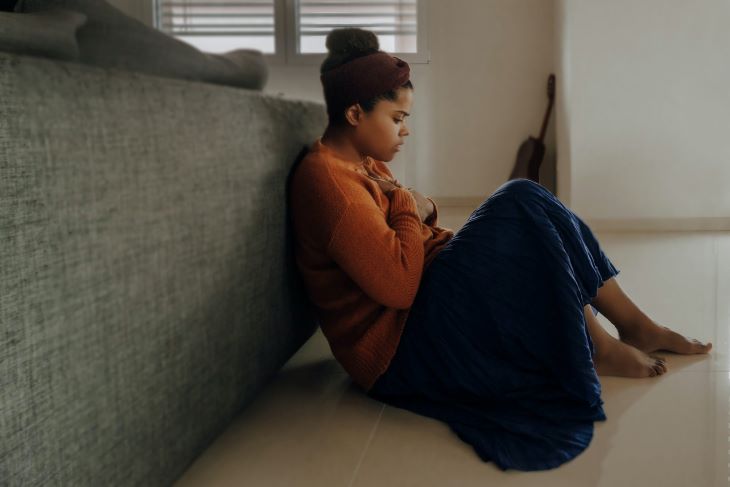
If you have cancer PTS, triggers like MRI or CT scanners, or sights and smells that remind you of chemotherapy may cause symptoms such as:
This can happen at any point in your cancer journey.

Treatments for cancer PTS are similar to PTSD:
This can help you relieve your symptoms, and get to know people who are going through the same journey with cancer.
Coping skills will help you manage the stress of cancer, and ensure your daily life is as manageable as possible.

Cancer PTS is specifically caused by cancer, but post-traumatic stress disorder can be caused by any big emotional impact.
Cancer, like any stressful event, can cause PTSD.
PTSD can result in panic attacks, re-experiencing the event, feeling on edge and avoiding things that remind you of the traumatic event.

Once cancer treatment is over, healing happens in two parts.
There’s the healing from the physical symptoms of your cancer and any treatment you had, and there’s also the emotional healing.

However you feel is valid and it’s important not to feel you’re having the ‘wrong’ reaction.
If you don’t want to celebrate just yet, it’s perfectly okay to take some time to experience your emotions and process them fully.
Once you’ve made peace with what happened, you may feel more able to let go of the past and look forward to the future once again.
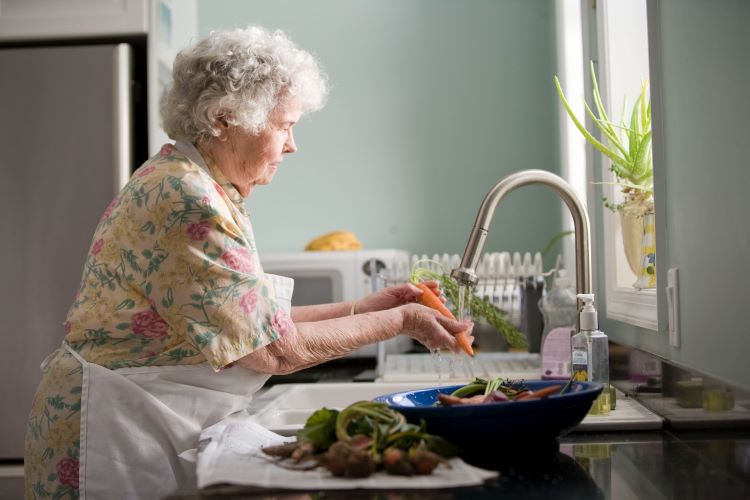
Some cancer survivors feel anxious about the cancer returning. This is normal, as you have been through stressful event and that can trigger feelings of worry that it may happen again.
Others find a new lease of life, and take their health scare as a sign to reprioritise their life in a way they find more fulfilling.
Although you may be under some pressure to get back to normal, try to give yourself time to adjust. You’ve been through a lot, and you need to be gentle with yourself.

There’s no right or wrong way to feel. People with terminal illnesses experience a range of:
Therapies like cognitive behavioural therapy can support you through your diagnosis, and ensure you have the best possible quality of life.[9]
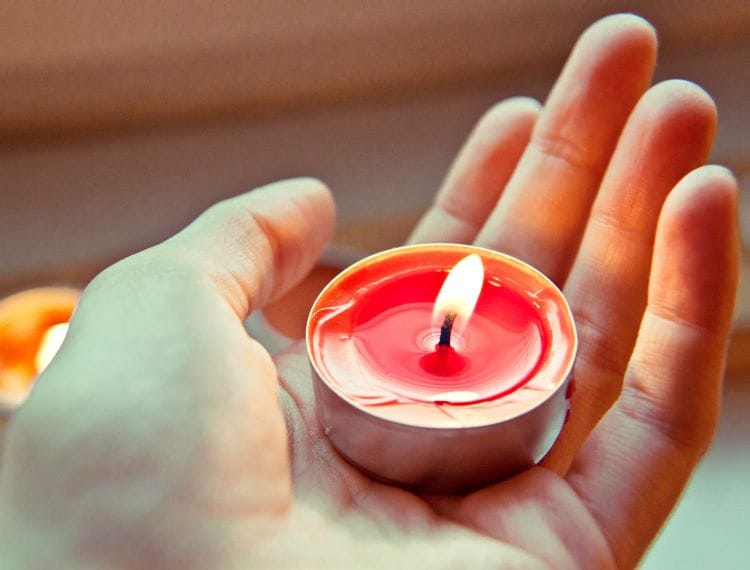
Try to break down any preparation into manageable chunks. You don’t have to tackle everything at once.
You may find some solace in writing down some small, achievable goals like arranging where you will receive your end-of-life care.
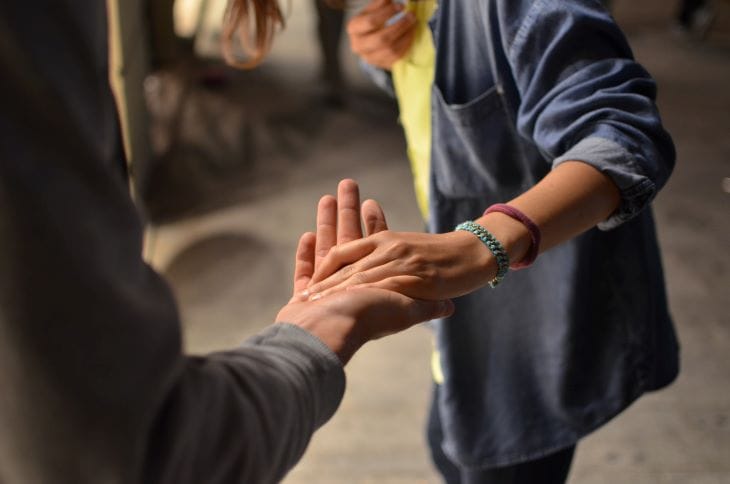
Most people have heard of cancer, but you may be looking for more information now that it’s become a big part of your life.
The NHS describes cancer as ‘a condition where cells in a specific part of the body grow and reproduce uncontrollably.’[10]
It’s important to look at reliable resources like the NHS when seeking medical advice, and you should check the credentials of any medical information you read.

The four most common types of cancer are:

1 in 2 people will develop a type of cancer in their lifetime.[11]
The people most likely to develop cancer are:

Tel: 0800 090 2309
Website: https://www.mariecurie.org.uk/help
Website: https://www.macmillan.org.uk/in-your-area/choose-location.html
Website: https://www.teenagecancertrust.org/help-and-support
Website: https://somethingtolookforwardto.org.uk/contact-us/
Website: https://www.samaritans.org/
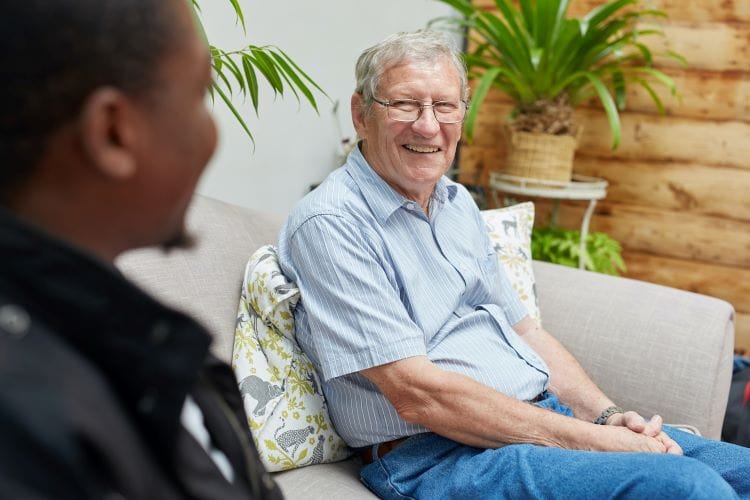
Yes, there are designated support groups for carers, friends, families and partners of people with cancer.[13]
Macmillan also offers guidance about what to say with someone with cancer.
[1] https://www.ncbi.nlm.nih.gov/pmc/articles/PMC4356432/
[2] https://www.nhs.uk/every-mind-matters/lifes-challenges/health-issues/
[4] https://stories.surrey.ac.uk/lets-talk/
[7] https://www.cancer.org/cancer/survivorship/coping/attitudes-and-feelings-about-cancer.html
[9] https://www.nhs.uk/conditions/end-of-life-care/your-wellbeing/coping-with-a-terminal-illness/